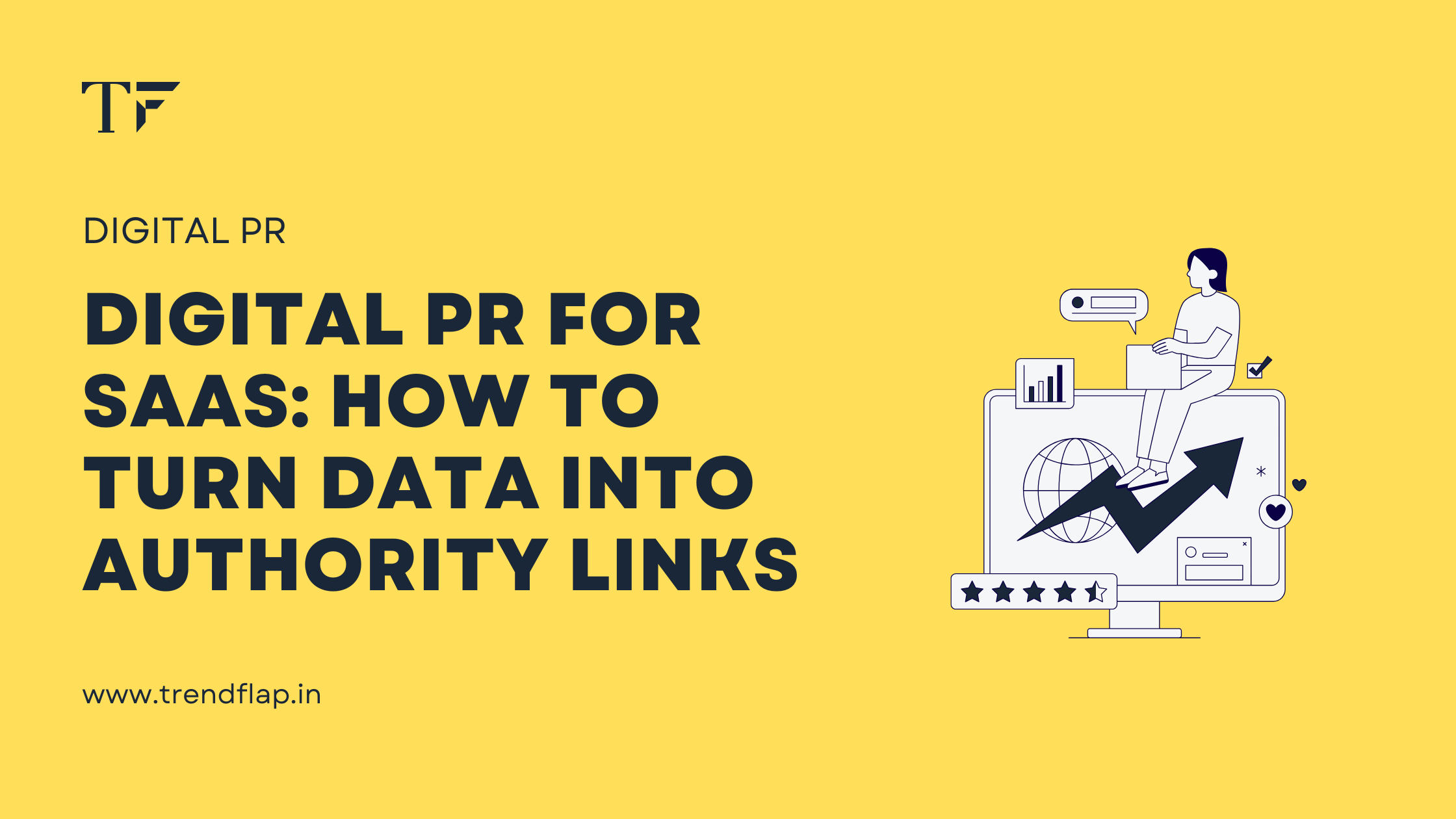What exactly is AI content marketing?
AI content marketing uses artificial intelligence to automate, optimize, and enhance every stage of the content creation process. Unlike traditional methods that rely heavily on manual research and writing, AI tools analyze massive datasets, understand search intent, and generate content that aligns with both user needs and search engine algorithms.
The technology is more than just quick content generation. Modern AI systems can process millions of search queries and competitor pages within seconds, spotting patterns, content gaps, and untapped opportunities that would take humans weeks to uncover. This includes semantic variations, long-tail keyword opportunities, and trending topics before they become mainstream.
From personal observation, combining AI efficiency with human expertise yields the best results. AI excels at processing and structuring raw content, while human strategy adds industry-specific insights, brand voice, and authentic connection with audiences.
How does AI actually improve search rankings?
Results are clear and measurable. AI tools can improve SEO rankings by 49.2%, with businesses leveraging AI for SEO-driven content strategies experiencing up to a 45% increase in organic traffic.
- Enhanced Keyword Intelligence: AI-powered keyword research moves beyond basic search volume. These tools analyze intent, uncover relationships, and discover keyword clusters unseen by traditional research.
- Content Optimization at Scale: AI scans top-ranking content and delivers specific, data-backed optimization for headings, length, density, and relevance—matching exactly what search engines reward.
- Real-Time Algorithm Adaptation: AI monitors search engine algorithm changes, immediately updating optimization strategies so content always stays competitive.
| Metric | Traditional Approach | AI-Enhanced Approach | Improvement |
|---|---|---|---|
| Content Production Speed | 3 hours 16 minutes per 1000 words | Under 30 minutes per 1000 words | 60% faster |
| SEO Ranking Improvement | Gradual, manual optimization | Data-driven optimization | 30% within 6 months |
| Cost Reduction | Standard content creation costs | Automated workflows | Up to 40% savings |
| Organic Traffic Growth | Industry standard growth | AI-optimized content | 45% increase |
Which AI tools deliver the best results?
Experience shows certain platforms always outperform. 85% of marketers now use AI writing or creation tools. Here are the top picks:
- ChatGPT and GPT-4: Most flexible for generating ideas, outlines, and draft content. Well-crafted prompts yield the best output—detail is key.
- Jasper AI: Great for marketing/brand teams, offers strong voice consistency and integrates with Surfer SEO and Grammarly. Ideal for blogs, whitepapers, and educational content. Try Jasper Copywriting features.
- Copy.ai: Best for short-form copy and conversion-focused content. Generates multiple variations quickly for social posts, ads, and product descriptions.
Observation: ChatGPT works best with detailed instructions, Jasper is ideal for long-form content, and Copy.ai excels in quick, conversion-friendly copy.
What's the real ROI of AI content marketing?
Financially, AI content marketing is a game changer. With the right implementation, companies can expect revenue increases from 3% to 15% and a sales ROI uplift of 10% to 20%.
Cost Reduction Metrics
- AI can cut content creation costs by up to 40%, freeing resources for strategy and creativity.
- Speeds up turnaround time and enables teams to create more content, faster.
- Optimizes workflows and trims redundant steps from editing and review cycles.
Productivity Gains
- 17% of marketers save over 10 hours weekly using AI tools for their SEO tasks.
- Time savings translate to cost reductions and allow focus on high-value work.
Revenue Impact
- AI-driven strategies can boost organic traffic by 45% and conversion rates by 38%.
- Case study: One B2B company doubled content output, improved time-on-page by 35%, and cut costs by 43%.
"AI is changing the game for marketers at the moment. If you aren't adopting AI in your day to day processes, the risk of falling behind your competitors becomes greater and greater." - Dan Shaffer, Director, SEO.com
How do I implement AI without losing authenticity?
The best implementations combine AI with real human input. AI should augment, not replace, creative expertise and strategic direction.
- Use AI for research, initial outlines, and draft content.
- Apply human insight, brand voice, and strategy for the final piece.
- Let AI refine SEO, analyze performance, and advise on optimization tweaks.
- Humans add the authenticity, emotion, and industry expertise that audiences crave.
Advanced platforms let you "train" AI on your content style for brand consistency. Always combine AI speed with thorough review and testing.
- Fact-check all AI-generated claims and statistics.
- Align content with your brand values and guidelines.
- Ensure compliance with industry regulations.
- Test drafts with audience segments before launch.
What are the biggest mistakes to avoid?
Common pitfalls can derail an otherwise promising AI strategy:
- Over-Reliance on Automation: Never treat AI as a replacement for human judgment. Balance is everything.
- Skipping Quality Control: Without review, errors or off-brand messaging can slip through. Always proofread and fact-check.
- Poor Prompt Engineering: Detailed, context-rich prompts produce superior content; vague instructions yield weak results.
- Neglecting SEO: AI's power lies in optimizing for search; ignoring it means missing a huge opportunity.
Future trends: What's coming next?
- Predictive Planning: AI tools are getting better at forecasting content trends and audience interests before they go mainstream.
- Voice and Visual Search: Expect more content optimized for conversational and visual search as users expand how they find information.
- Hyper-Personalization: AI makes it possible to tailor content for individual users or micro-segments at scale.
- Real-Time Adaptation: AI systems will soon auto-adjust headlines, descriptions, and even structure based on live performance analytics.
Early adopters of AI content strategies enjoy real, lasting advantages. Success depends on blending AI's efficiency with authentic human creativity for content that performs and connects.






